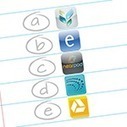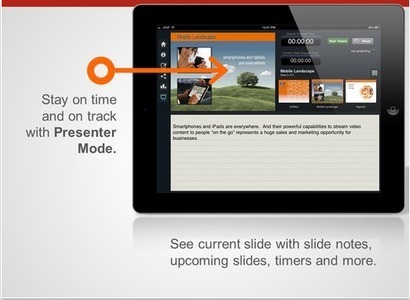How to Get Hesitant Teachers to Use Technology
See on Scoop.it – Leader of Pedagogy
As a tech advocate, I often find myself coaxing established educators to incorporate new tools & technologies. Here are some ways I’ve found to be successful.
Currently, all our Leaders of Pedagogy are facing this situation. How do we encourage resistant technology users? This article gives us a few simple but useful ways of encouraging those not eager to use or jump into technology.
See on plpnetwork.com



